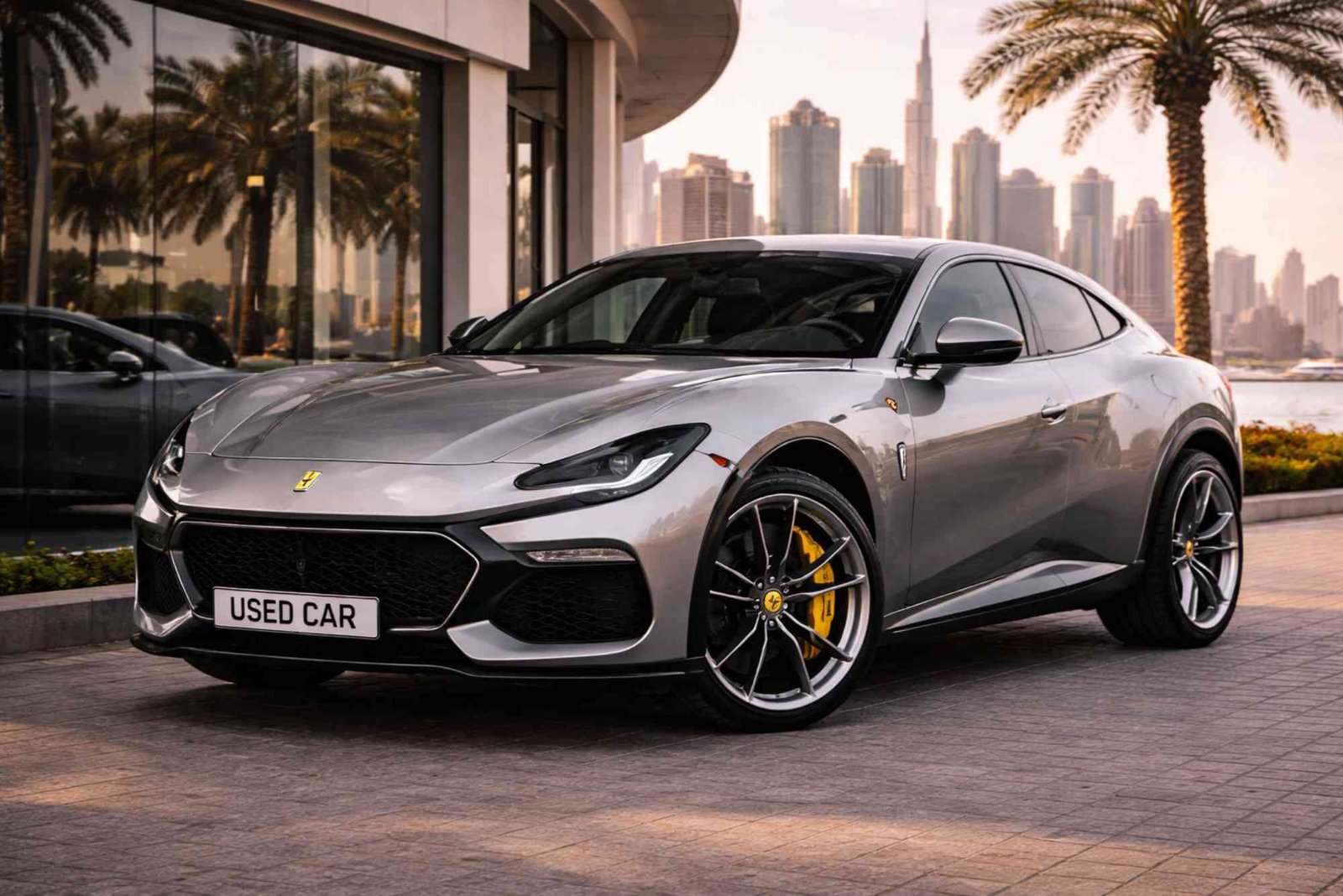

In the UAE, a car turns food hunts into quick hops from glassy city towers to salty docks. One hour, you’re eyeing crab by Dubai Creek; the next, you’re rolling toward the east coast for grilled hamour. Roads move fast, signs stay clear, and the appetite grows with every mile. If the plan leans towards premium long highway stretches, polished hotel districts consider luxury car rental Abu Dhabi.
This guide keeps it simple: what papers to carry, how tolls work, where seafood shines, and the few habits that keep fish fresh in real heat. No fluff. Just the stuff you’ll actually use.
To rent a car, bring a valid home license. If it isn’t in English or isn’t widely accepted in the UAE, add an International Driving Permit. A car rental company may set stricter terms. Read the agreement before pickup, then skim it again at the counter: insurance, deposits, toll handling, and late-return fees.
Tolls matter. Dubai runs Salik gates on major roads; Abu Dhabi uses time-based bridge tolls at busy hours. Most cars carry tags, and a dependable car rental service passes charges to your bill later. Plan the day with a few tolls, not dozens, and watch the signs before lane changes.
Speed limits shift between city lanes and open highways. Cameras sit everywhere. Keep a steady pace, leave a calm buffer, and stay alert for construction zones at night.
Parking works by zone. In Dubai, look for RTA signs and app options. In Abu Dhabi, watch for Mawaqif markings and hours. Shaded spots help more than you think—cooler cabin, safer seafood.
Fuel’s easy. Most cars take Special 95. Top up before long legs, then skip peak-time queues near city cores. A basic phone charger and offline maps save the day when signal dips along mountain routes.
Pick a car that fits the route. City-heavy days in Dubai favor a compact sedan. A family run with a cooler and bags needs a midsize SUV. Real off-road detours need a proper 4×4 and steady driving skills; skip them if they’re not in the plan. Many travelers hire a vehicle with extra cargo space to keep gear sorted and the cooler upright.
Sort insurance with clear eyes. Check the deductible, tire and glass coverage, and roadside terms. Walk around the car, shoot photos of each panel, plus wheels and windshield. Five minutes now avoids long talks later.
Treat the cabin like a tiny kitchen. Cooler behind the front seat, dry snacks in a tote, wet wipes in the door, small trash bag under a mat. After the market stops, crack the windows for a moment before blasting the AC. Heat drops fast, odors too.
Timing helps. Start early for quiet roads and better fish selection. Dusk runs feel cooler and pair well with Abu Dhabi’s corniche or a slow roll along Dubai Creek. Keep small cash for meters and market fees, cards for fuel, and bigger counters.
Dubai’s Deira Waterfront Market wakes early. Stalls stack hamour, sheri, and kingfish on clean ice. Ask for cleaning, then walk to nearby grills for lemon-and-chili plates. Sharjah’s Souq Al Jubail stays bright and orderly, with cafes close to the corniche.
Northbound legs feel light. Ajman and Umm Al Quwain move at an easy pace, with waterfront kitchens turning fillets into crisp fries by evening. Ras Al Khaimah’s Al Mairid brings morning hauls; kingfish steaks meet the grill while the sun climbs. Keep a slow hand on the spice rub—flavor first.
Swing east to Fujairah and Dibba. Boats land early; marinades go on fast—garlic, chili, a squeeze of lime. The coast road back offers views that beg for short stops, not long ones. Save appetite for the plate.
Abu Dhabi’s Mina Fish Market pairs tidy counters with calm water. Shop near dusk to dodge the heat and find parking without circling. Nearby kitchens serve simple, hot plates. Order with clear words: two steaks, medium spice; fillet, no bones, lemon and garlic. Keep the claim tag safe and the cooler ready.
The sun rules here, so move quickly and keep things cold.
Small habits, big payoff—fresh taste, low risk. Then it’s back on the road, windows up, AC humming, next plate in sight.
Sort the basics, then let the road do the work. Pack a cooler, mark a few markets, and time drives for morning or dusk. Dubai’s pace, Abu Dhabi’s calm, east-coast boats at first light—each leg brings a clean plate and a simple routine. Keep fish cold, orders clear, and costs in tidy buckets. With those habits in place, the trip feels easy: short hops, fresh meals, and evenings by the water.



Beginner’s Guide to Playing Poker Online Professionally


How Dubai’s Top 10 Interior Designers Are Shaping Global Luxury

Premium Mobility Expands as Dubai Rent a Car Luxury Becomes Part of Everyday Travel

Dubai’s High Performance Market Surges as Demand for Elite Sports Cars Continues to Rise

Beginner’s Guide to Playing Poker Online Professionally